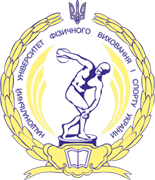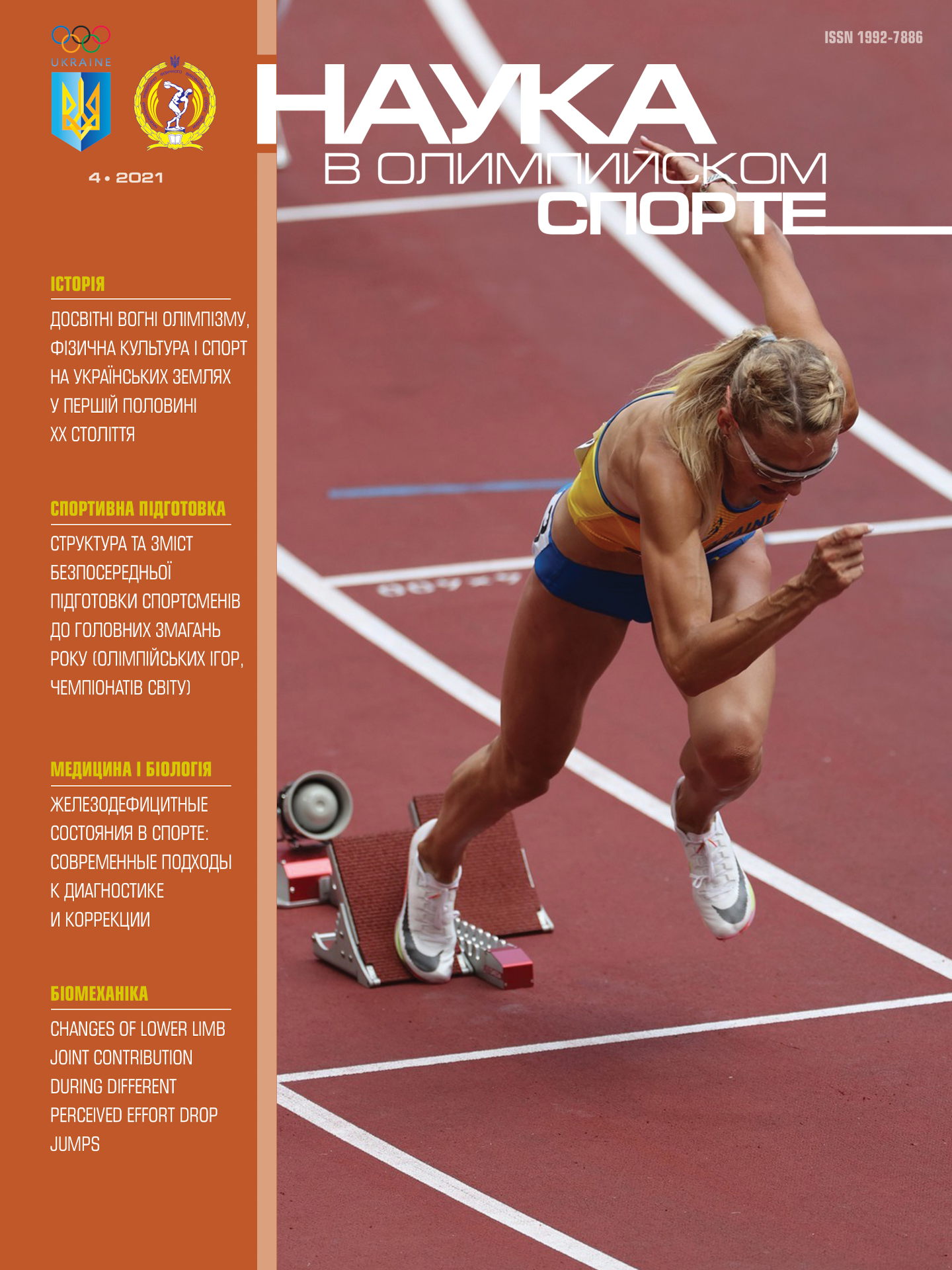Abstract:
The review provides systematic information on the methodology for assessing content of and criteria of deficiency of vitamin D in athletes of different sports living in different climatic zones. It is suggested that the effects of vitamin D can be divided into specific ones that determine direct and indirect influence on the indicators of physical fitness and performance of athletes, and protective ones that increase resistance to infectious diseases, normalize metabolic processes, and prevent various metabolic diseases in athletes. It is postulated that among the inhabitants of Russia, Ukraine, Belarus, and Western Europe countries, the symptoms of vitamin D deficiency are frequently observed, which are not only accompanied by decreased effectiveness of training activity, but also lead to the development of secondary dysimmune reactions, reduced bone mineralization, and increased injuries. Vitamin D medications and dietary supplements are described along with the dosage guidelines recommended by the world’s leading sport science institutes for use in athletes at different stages of the annual macrocycle. The mechanisms of the impact of vitamin D deficiency on the production of endogenous testosterone in the body are discussed.













